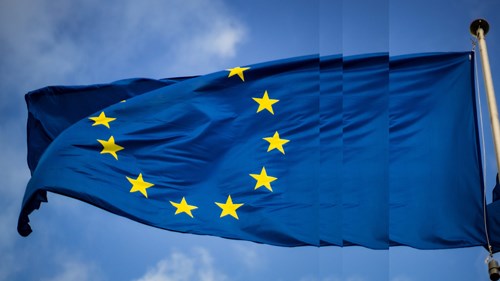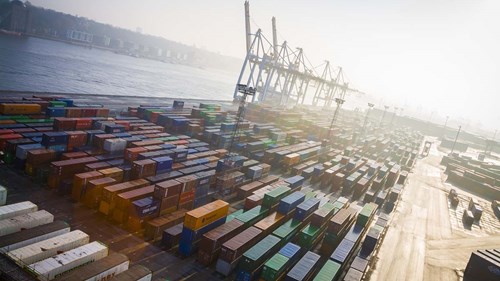Poland: Disruption of services and supply chains
The outspread of COVID-19 (coronavirus) is already affecting businesses across Poland, Europe and the world. Supply chains are disrupted, the transportation and retail industries count losses and managements or shareholders try to implement measures to limit further negative implications.
Parties to contracts start to investigate possibilities to be relieved from their contractual obligations due to the coronavirus. Polish law provides for two major cases, in which a party could invoke extraordinary circumstances in order to be exempted from its obligations.
Force Majeure
Regulations of Polish law do not provide for the definition of force majeure as such. However, the general view is that it is an event or occurrence: (a) which is external to the party(ies); (b) which is impossible (or nearly impossible) to foresee; (c) consequences of which cannot be prevented. Examples of force majeure include events related to effects of natural elements (such as floods, fires, earthquakes or epidemics), unusual behaviors of communities (for example riots, strikes, wars) or governmental actions (including but not limited to importation or exportation embargos, closure of frontiers).
An event of force majeure can become the basis for exemption of a party from its contractual obligations, irrespective of whether it is expressly regulated in the concluded agreement or not.
The occurrence of force majeure results in liberating the non-performing party from liability for such contractual breach, if there is a causal link between the non-performance and the event of force majeure. To put it short: such a defaulting party will not, in principle, be obliged to redress damage or pay contractual penalties. Whether the obligations will have to be performed once force majeure no longer subsists, remains to be established on the basis of the concluded contract.
Thus, the possibility to invoke an event of force majeure in order to be relieved from contractual obligations will depend on, whether the event in question meets the abovementioned criteria and if there is a causal link between the impossibility to perform obligations and such occurrence. What could exactly be the extent of such release, has to be verified case by case.
Bearing in mind that COVID-19 is an epidemic and given the recent acts of Polish authorities consisting on limiting the possibility to enter or leave Poland, certain services/supplies will clearly be disrupted. It is certainly reasonable to make a review of the contracts concluded in order to analyze if force majeure could be legally effectively applied.
Extraordinary Change of Circumstances
The Polish Civil Code provides for the possibility to request a civil court to change the manner in which a contractual obligation has to be performed, determine the amount of a monetary obligation or even to terminate the agreement.
The prerequisites for such a request are as follows: the performance of an obligation has to be excessively difficult or may potentially result in serious loss, and the circumstance(s) causing such situation could not have been foreseen by the parties at the time of conclusion of the agreement.
The extraordinary change of circumstances has to be universal and durable. Examples may include extraordinary changes in the economic situation, critical decrease of GDP, mass insolvencies, natural disasters, etc.
As in the case of force majeure, each contract needs to be reviewed in order to establish if the events which occurred could allow to conclude that the required criteria were met to allow one or both parties to rely on the abovementioned provisions of the Polish Civil Code.
The current situation related to COVID-19 seems to form a possible basis for the application of the described provisions of law.
Should you be facing difficulties in meeting your contractual obligations or receiving information from your contractors on their inability to perform agreements, we strongly suggest to make a review of the contract(s) in question. Each case requires a separate analysis, both of the invoked circumstances and the legal basis for exemption from civil liability.








